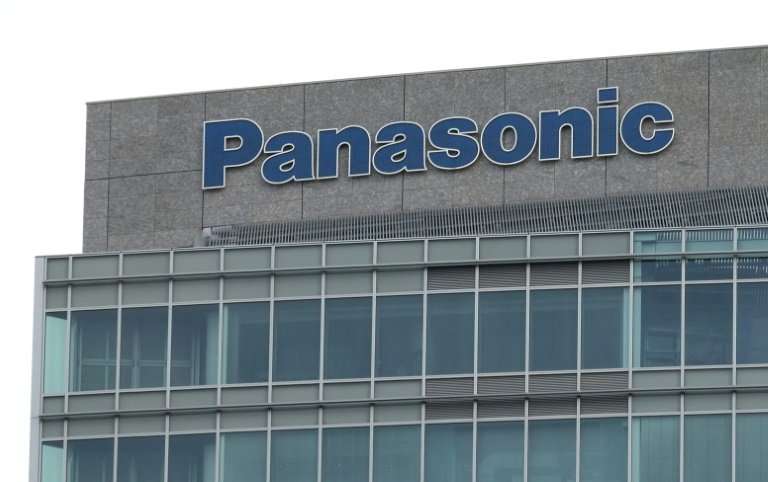Panasonic upgrades earnings targets on cheap yen

Japanese electronics giant Panasonic on Monday upgraded its annual earnings targets thanks to a weak yen and robust demand for its automotive products.
The Osaka-based company raised an annual profit forecast for the year to March to 210 billion yen ($1.9 billion), up from an earlier projection of 160 billion yen.
The company now expects an annual operating profit of 350 billion yen, up from a previous target of 335 billion yen. It raised an annual sales target to 7.95 trillion yen from 7.8 trillion yen.
The company has been enjoying a solid recovery, particularly with healthy sales of electronics products for automobiles such as navigation units.
Panasonic said in a statement it also benefited from currency exchange rates, as "the yen has weakened against major currencies such as the euro".
"Despite being affected by material cost hikes, profitability has improved through (cost cuts) in addition to the effect of exchange rates due to the weaker yen," it said.
For the last nine months to December Panasonic said its net profit edged up 1.3 percent to 200.1 billion yen.
But its operating profit surged 14.9 percent to 316.7 billion yen. Sales during the three quarters rose 9.0 percent to 5.91 trillion yen.
Panasonic has partnered with local automotive titan Toyota and has provided batteries for US electric vehicle innovator Tesla, as it explores ways to expand beyond its mainstay electronics.
"Its earnings will likely stay on the growth path" for the year to March, Masahiko Ishino, an analyst at Tokai Tokyo Research Institute, told AFP ahead of the release.
Jointly with Tesla, Panasonic produces lithium-ion battery cells at a "gigafactory" but Tesla's new mass-market model has been hit by a production delay.
"Business with Tesla doesn't seem going very well even though it may not have a significant negative impact on earnings immediately," Ishino added.
Panasonic has also kicked off talks with Toyota over a possible tie-up to develop, produce and recycle automotive batteries.
The talks could be seen as a pre-emptive move by Panasonic in case business with Tesla stalls, Ishino said.
"Investors are giving heed to its longer-term future prospect of profits rather than immediate gains, as the industrial structure has been changing," he said.
© 2018 AFP




















